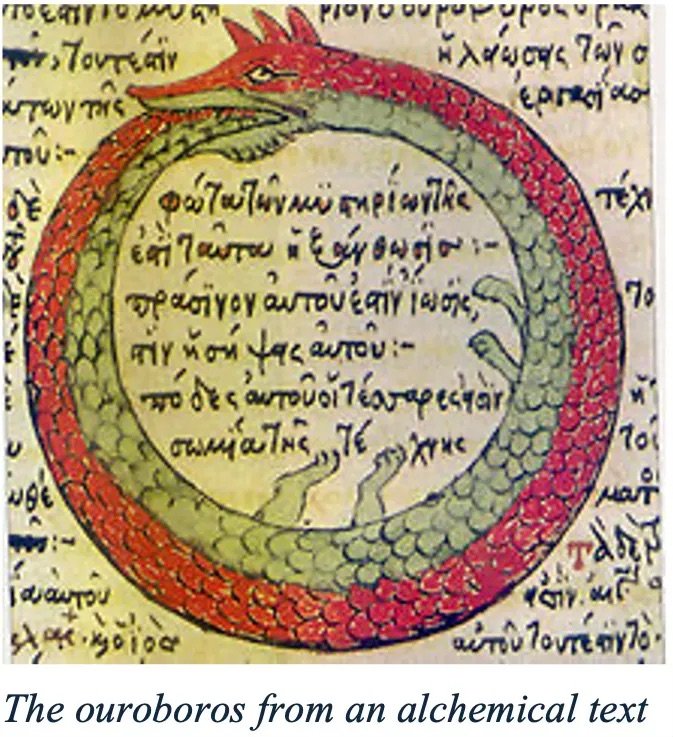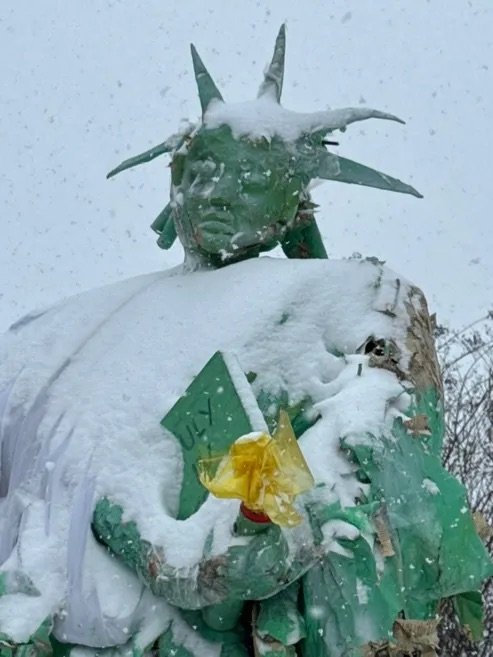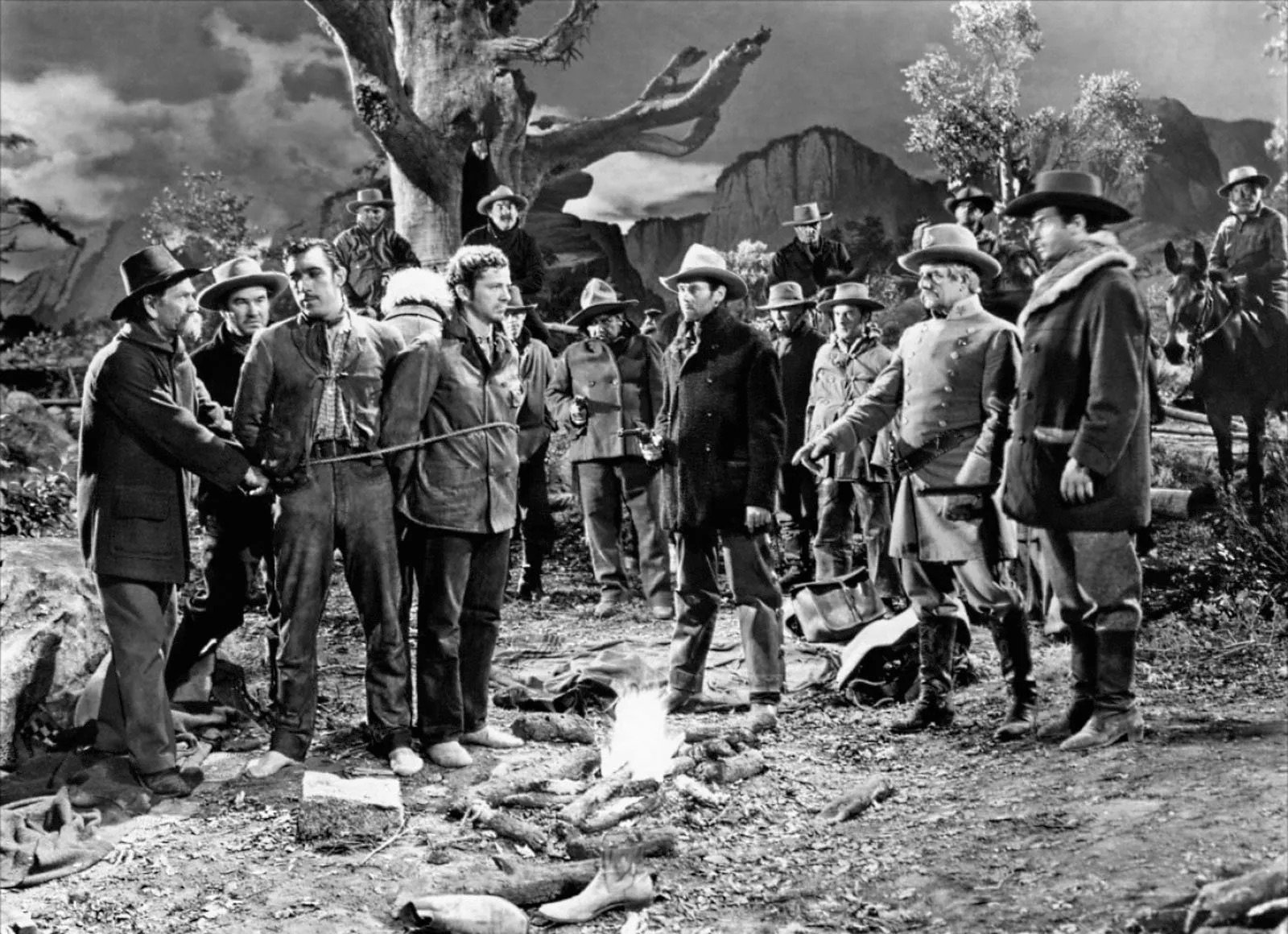Blog
Search the blog archives:

NOLA Jazz and its Neighborhoods: The Role of S. Rampart St.
The first jazz history book, Jazzmen, edited by Smith and Ramsey, characterized Storyville as the “birthplace of jazz.” The 1947 film “New Orleans,” starring no less than Louis Armstrong and Billie Holiday, confirmed it. Poke any tourist, and if they’ve even heard of jazz, they’re sure it was born in the honkytonks and bordellos of Storyville. Hell, after a couple Hurricanes, they were there last week. Shoot, they met Tom Anderson and Lulu White. They watched Little Louis Armstrong deliver hard coal to the prostitutes in their cribs.
If Storyville isn’t the birthplace of jazz, its proximity to the Tremé neighborhood perhaps begins to tell a piece of the story. Fatima Shaik’s incredible book, Economy Hall: The Hidden History of a Free Black Brotherhood, from which I have only lately learned so much, makes the case that just behind Congo Square in Tremé, Economy Hall and its “benevolent society provided the location, the organizational structure, and the community in which jazz could flourish in the 20th century.”

Another Dive into Tricking the Trickster: See-sawing Status with the (Tasmanian) Devil
Trying to make sense of Trump’s hold on America and the havoc he and Elon Musk wreak, I struggle to find “an adequate metaphor” the great jazz commentator Albert Murray thought we should seek for “contemporary actuality.” How can I delineate Trump and Musk’s power and suggest perhaps how to contain them?
Dark Trickster Dionysus? How can we help his base emerge from the hallucinations his heady wine and demand for loyalty instill John Mulaney’s horse in a hospital? A Clown Car of Cabinet Candidates? The lawlessness of vigilantes?
My latest adequate metaphor is the Looney Tunes’ Tasmanian Devil. Remember him?

The Fertel Funky Tour: Part 1 in a 2-part series on New Orleans culture and music
Who can resist New Orleans? Gumbo and oyster po’ boys, jazz and funky blues, the French Quarter and the Garden District. Eyes light up, mouths water, toes tap. I’m obsessed with New Orleans — explaining its uniqueness to myself and to visitors. My need to understand the city is perhaps inescapable. When I was 15, my mother bought Chris Steak House with its small but loyal clientele. I bussed its 17 tables and learned how to butcher heavy short loins. Before long, Mom added her name, and the famous Ruth’s Chris Steak House chain of restaurants was born. Meanwhile, my father was making a name for himself too, running for mayor on a platform of bringing a gorilla to the New Orleans zoo. He got only 310 votes but kept his campaign promise by going to Singapore and buying two baby gorillas he named Red Beans and Rice. As the son of the Empress of Steak and the Gorilla Man, how could I not become a New Orleans obsessive?

Be Where Your Feet Are: A Tribute to Pableaux Johnson
I lost my Mac guru. I mean, he died. A sudden heart attack while doing one of the things Pableaux Johnson loved best: taking photographs at a Second Line parade in New Orleans. To begin to gauge my sense of loss, consider that the day after his memorial service, my 1password app, which he had installed, stopped working. Kind of like losing your bitcoin password, without all the zeros.
But a better gauge, perhaps, is that his memorial service was attended by 500 people, standing room only, who arrived from all over the country. Or that obits appeared in The Economist and The New York Times. “Pableaux Johnson, the Heart of New Orleans Hospitality, Dies at 59” was the Times headline. The outpouring of grief first found vent on an Ever Loved email thread that included dozens of voices who contributed photos and stories and Pableaux-isms. Many red bean dinners in his memory by those who couldn’t fly in were reported across the land.

Improv, Trauma, and Recovering our Agency: What Stephen Colbert can teach us
Stephen Colbert’s commitment to improv sprung from tragedy. At ten years old Colbert lost his father and two brothers in an airplane crash. Colbert grieved by embracing nihilism. If these lives that meant so much to him didn’t matter to the universe, then surely nothing mattered. Colbert’s darkness was so extreme that a theater professor at Northwestern urged him to seek counseling because he feared “you were going to punch me today in class” (Sam Wasson, Improv Nation: How We Made a Great American Art, 345).
But, one night a friend took Colbert, now a theater and philosophy major, to see his first improv at Second City. Colbert was struck by how improv players did not fear “free fall”—perhaps an echo of that tragic plane crash.
In improv, there are no mistakes. Whatever your stage partner offers, the more off kilter the better, is a new way forward: Yes, and… You provide the “and,” taking it in any direction you want.

Happy Mardi Gras! When the King and the Fool trade places...
Here the Wheel of Fortune (Rota Fortuna) spins its merry way. Lady Fortune, who rules all, spins the wheel from behind the world’s axis.
As you can tell, that poor slob at the bottom, let’s call him the Fool as he is often pictured, is destined to find his way to the top where the king now reigns. When that happens, the king will find himself groveling at the bottom.
This is the essential imagery behind the medieval carnival we call Mardi Gras. The Fool becomes king for the day, and the king takes the place of the Fool.
I point this out because it seems fitting that it is on Mardi Gras day, 2025 that Trump will deliver his State of American Carnage Address and impose his tariffs on Mexico and Canada, an imposition that might start Trump’s swing down into the mud. Hold on folks, the wheel is turning…

Improv’s Paradoxes: The Trick of Trickster
The Trickster archetype is full of delicious paradoxes and contradictions—delicious to those like me who revel in life’s complexity. Lord of the marketplace, Trickster has an ear for both merchants and for thieves. Lord of Liars, he also makes communication possible—between gods and humankind by creating the rituals of sacrifice, and among us, inspiring hermeneutics, the science of interpretation. The god of mischief, Trickster often makes things better, ends up enriching culture. The disruptive voice of improvisation, Trickster challenges decorum, the right way to do things. Amoral, not immoral, neither good nor evil, from Trickster’s mischief the values we live by emerge. From Trickster’s pot stirring, more delicious gumbos flow. Trickster embodies the paradoxes of human existence, including the ultimate paradox: the idea that duality, symbolized by the two snakes on his caduceus, can be unified. (The more familiar medical staff only has one).

A Horse in a Hospital!
Denying the science of climate change is not only bad science and irrational, it is also shameless. Shamelessness explains what climate denial’s irrationality doesn’t, that it’s shamelessly all about quick money, about greed. And while the law courts are a good place to start, pointing instead to the absurdity of their shamelessness also has great power.
So, no comedian myself, my advice to the Florida Network on Climate Change is to hire stand-up comic John Mulaney to write a horse-in-a-hospital joke about climate science. You’ll see what I mean in this 4-minute video:”

Trump’s TraumaLand
Pay attention to what Trump does, not what he says.
So we hear again and again. But sometimes speech is not just words but what language philosophers call speech acts. The leading proponent of ordinary language philosophyJ. L. Austin called them performative utterances. I do in a marriage ceremony is what seals the deal. Your clergyman pronounces you married, formally declaring to the world what your vows already made so. The deal is done before he speaks. Marriage is the only Christian sacrament consecrated by the laity, by you and me.

Sportsman’s Paradise Lost?
Conceptual and environmental artist Dawn DeDeaux’s Free Fall is a “concrete poem” of erasure and of mourning. Free Fall is also a call to action.
In Free Fall, Puritan poet John Milton’s epic poem Paradise Lost intersects with the environmental erasures suffered for over a century by the state that, on its license plate, still proclaims itself Sportsman’s Paradise.

A Quantum Experience of Inauguration Day
I had a joyful Inauguration Day, until I turned on MSNBC.
Both self-states were true. The day was joyful, and it was horrific. It was a matter of both/and not either-or. I had a joyful day marking the damage that Lady Liberty had suffered and celebrating the promise of her renewal. Trump poured forth a chaos of words in his acceptance speech (more “American carnage” with a heady dose of threats), followed by signing dozens of Executive Orders.

Resisting Trump's Stormtroopers
Make no mistake, Trump's Operation Safeguard, his plan to start ICE deportation raids in Chicago within hours of his second inauguration, is an act of terrorism. It's timed to be the first footfall of Trump's stormtroopers.
Its goal is to frighten all of us, not just those who fear deportation. It says Trump means business. It makes clear that all that we feared in Project 2025 is, sure enough, coming down the chute. It says that while his oath of office to defend the Constitution is—wink, wink—an empty gesture, now, Project 2025, that’s the real deal.

Connecting During Four Years of Chaos
This at once darkest and most festive time of year, too, is a time of connection. And disconnection. A lot of ink has been spilled of late about how to deal with the Woke or MAGA devotee Uncle Benny around the Thanksgiving or Christmas holiday table. Get beyond politics, we are advised. Only connect, we are advised. But how?
The trauma of COVID’s forced isolation not yet behind us, we long for connection. For reasons I can’t explain I tend to avoid the telephone. But at the beginning of the lockdown, I reached out to a friend and had a long, lovely chat. Afterwards, I wisely announced to myself — drumroll — that the remedy for this prolonged isolation would depend on staying in touch with friends. Full of that wisdom, I returned to composing Winging It: Improv’s Power and Peril in the Time of Trump, and the wisdom was all but lost. I hope it was worth it, but who can say? It depends upon my success in connecting to readers.

Reflecting on Jimmy Carter
When the 2007 Ridenhour Prizes for Courageous Truth-telling awarded its Courage Prize to President Jimmy Carter, we were honored that a president of the United States had agreed to accept it. Carter had just published Palestine: Peace not Apartheid. Previous winners of the Courage Prize had been Daniel Ellsberg, Seymour Hirsh, and Gloria Steinem.
The Prizes memorialize my friend Ron Ridenhour, noted whistleblower and George Polk Award winning investigative reporter who died suddenly in 1998. Like Ron Ridenhour, Carter was a truth-teller.

Vigilantes are US
The urbanist Jane Jacobs celebrated the city’s “organized complexity.” She rhapsodized over “the daily ballet of Hudson Street”—her home in Greenwich Village (The Death and Life of Great American Cities,1961).
For Jacobs, her competitor Louis Mumford in The Culture of Cities (1938) offered merely “a morbid and biased catalog of ills” (Death and Life, 20). Mumford’s solution, the Garden City, promoted flight to the suburbs that was enabled top-down: by President Eisenhower’s interstates and by Robert Moses’s parkways.
What made the city’s chaos livable for Jacobs came bottom-up: “eyes on the street.” Density on urban streets promises safety.

Improvisation’s Invisible Design: On Not Swallowing Chaos Whole
I count 99% Invisible among my favorite podcasts. Sold with his warm, infectious voice, Roman Mars’s central idea, summed up recently in the “Brilliantly Boring” episode, is that “a hallmark of great design is that you don't notice it.” I think the same can be said of improvisation’s often exquisite formal dance. Improvisers claim loudly that they are just making things up, chaotically going in many directions discursively. A closer look, however, shows that amidst the chaos, formal design emerges.

The Treachery of Images, or: Trump’s New Replacement Theory
We are drowning in images and overrun by brands. While the electorate cried out to know Kamala Harris and the policies she would pursue, what she gave us was an image: the prosecutor who would know how to handle felons (like Trump). It was a great brand, but the suit lacked stuffing. Her prosecutor image had history but lacked future: what policies would she stuff into her presidency? Trump responded with an image: Biden-Harris’s treasonously high egg prices. Trump’s image was powerful enough to efface the fact that his promised tariff policy would make the price of eggs stink to high heaven.
Sometimes images lack stuffing, and sometimes images hide stuffing to come.

Selling Spontaneity
You may associate spontaneity with jazz or comic improv. But the direct, all-embracing experience that spontaneity promises has been deployed to sell blue jeans, one of America’s gifts to popular culture.
Jeans were born as long-wearing workpants. J. W. Davis, inventor of the five-pocket, riveted blue jeans, sold them at his dry goods store in Reno, Nevada. They were meant for the mining community (note the pickax in the patent application). Unable to afford the patent office fee, Davis approached Levi Strauss, his denim cloth wholesaler in San Francisco. In return for half interest, Strauss, a German-Jewish immigrant born in Bavaria, funded the patent. Improved by human artifice — rivets — the original jeans were anything but natural.

My Conversation with Alice Waters and Davia Nelson
Davia Nelson’s oral history work and Alice Waters’s restaurant career dovetails with my interest in improv. We are all winging it. In this interview, Alice, Davia, and I wing it for the famed North Beach bookstore, Lawrence Ferlinghetti’s City Lights, where Allen Ginsberg read a draft of his great improvisation, Howl, in 1955.

“What to Fight For”: The Way Forward
On Election Day I flew up to New York City to celebrate with friends the Harris victory I had begun to think was certain. On the plane I explored what Kamala Harris’s campaign, win or lose, got right, how she addressed something that we desperately need, a rebirth of community.
Apparently, that idea wasn’t right enough for the electorate. But, however wrong I was about the election, I finished this piece mostly unchanged to put a pin in the idea. While the pundits explain what went wrong and the Democrats indulge in their traditional circular firing squad, it’s worthwhile to mark what Harris got right.
